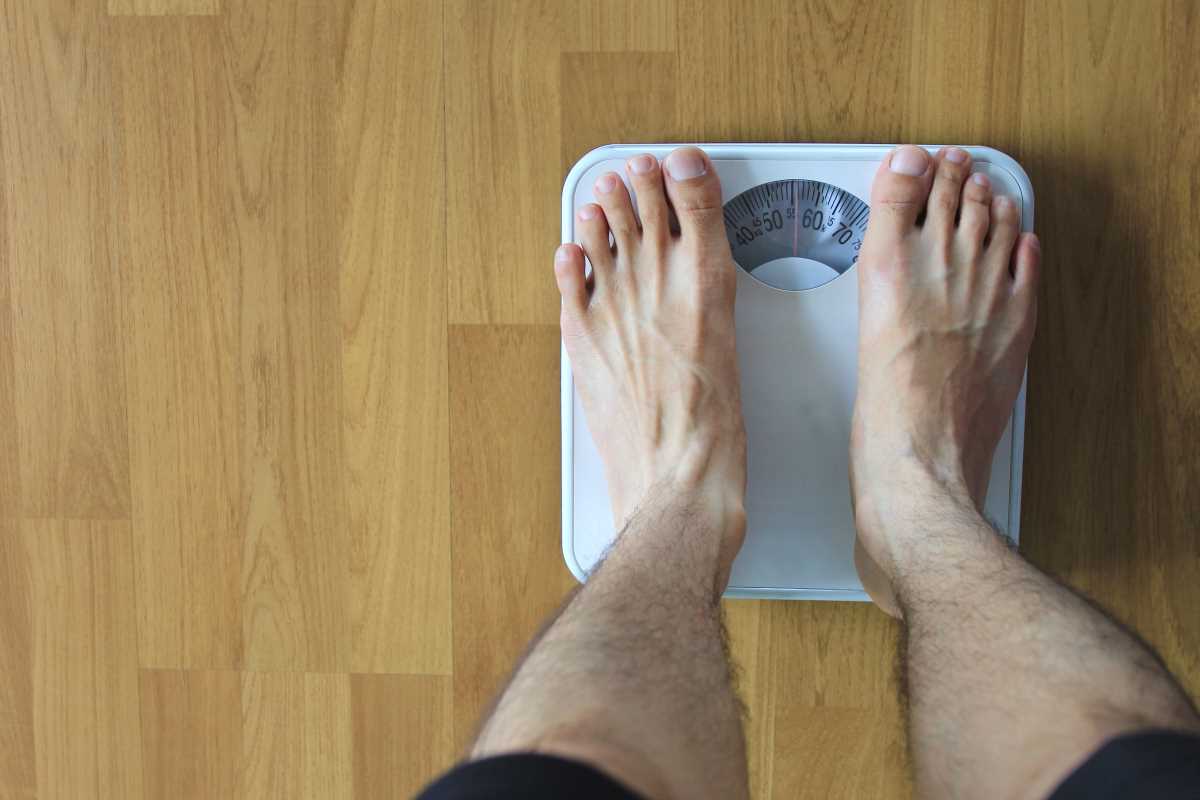Fatty liver disease is a condition where excess fat builds up in the liver cells, impacting the liver's ability to function properly. This condition can range from mild, where there are few or no noticeable symptoms, to severe, potentially leading to liver inflammation, scarring (cirrhosis), or even liver failure if left untreated. Fatty liver disease is often linked to lifestyle factors such as poor diet, obesity, and lack of physical activity, though it can also be caused by other conditions like diabetes, high cholesterol, or excessive alcohol consumption. This guide will explore the causes, common symptoms, and key prevention strategies, such as maintaining a healthy diet, regular exercise, and managing underlying health conditions, to help you understand and mitigate the risks of fatty liver disease.
Types of Fatty Liver Disease
There are two main types of fatty liver disease:
- Non-alcoholic fatty liver disease (NAFLD): This type is not caused by excessive alcohol consumption. It is often linked to obesity, type 2 diabetes, and other metabolic disorders.
- Alcoholic fatty liver disease (AFLD): This type is caused by excessive alcohol consumption.
Causes of Fatty Liver Disease
- Excess weight and obesity: Being overweight or obese is a major risk factor for NAFLD.
- Type 2 diabetes: People with type 2 diabetes are at a higher risk of developing fatty liver disease.
- High cholesterol and triglycerides: High levels of cholesterol and triglycerides can contribute to fatty liver disease.
- Insulin resistance: This condition, which is often associated with obesity and type 2 diabetes, can lead to fatty liver disease.
- Excessive alcohol consumption: Chronic alcohol abuse is a leading cause of AFLD.
Symptoms of Fatty Liver Disease
In the early stages of fatty liver disease, there may be no noticeable symptoms. However, as the condition progresses, it can cause:
- Fatigue
- Abdominal pain
- Weight gain
- Nausea and vomiting
- Loss of appetite
- Swelling in the legs and ankles
- Jaundice (yellowing of the skin and eyes)
Complications of Fatty Liver Disease
If left untreated, fatty liver disease can lead to serious complications, including:
- Cirrhosis: Scarring of the liver tissue, which can impair liver function.
- Liver cancer: Fatty liver disease can increase the risk of developing liver cancer.
- Heart disease: People with fatty liver disease are at a higher risk of developing heart disease, stroke, and other cardiovascular problems.
Prevention of Fatty Liver Disease
While there is no cure for fatty liver disease, several lifestyle changes can help prevent its progression or even reverse it in some cases. These include:
- Weight loss: Losing weight is one of the most effective ways to prevent and treat fatty liver disease. Aim to lose 5-10% of your body weight.
- Healthy diet: Eat a balanced diet that is rich in fruits, vegetables, whole grains, and lean protein. Limit your intake of saturated and trans fats, processed foods, and sugary drinks.
- Regular exercise: Aim for at least 30 minutes of moderate-intensity exercise most days of the week.
- Limit alcohol consumption: If you drink alcohol, do so in moderation.
- Manage underlying conditions: If you have conditions such as diabetes or high cholesterol, work with your doctor to manage them effectively.
- Medical treatment: In some cases, medication may be prescribed to help manage fatty liver disease.
Medications for Fatty Liver Disease
In some cases, medication may be prescribed to help manage fatty liver disease. However, lifestyle changes, such as weight loss and a healthy diet, are typically the first line of treatment.
Here are some medications that may be used to treat fatty liver disease:
- Metformin: This medication is commonly used to treat type 2 diabetes, but it can also help improve insulin sensitivity and reduce liver fat in people with fatty liver disease.
- Statins: Statins are cholesterol-lowering medications that can also help reduce liver fat in some cases.
- Vitamin E: Some studies have suggested that vitamin E supplements may be beneficial for people with NAFLD, but more research is needed.
- Ozempic (semaglutide): This medication is approved for the treatment of type 2 diabetes, but it has also been shown to reduce liver fat and improve liver function.
It's important to consult with a healthcare provider before starting any new medication. They can assess your individual needs and determine the most appropriate treatment plan for you.
Lifestyle Changes for Managing Fatty Liver Disease
In addition to medications, lifestyle changes are crucial for managing fatty liver disease and preventing its progression. Here are some key lifestyle changes to consider:
1. Weight Loss:
- Caloric restriction: Aim to create a calorie deficit by consuming fewer calories than you burn.
- Healthy diet: Focus on a diet rich in fruits, vegetables, whole grains, and lean protein.
- Portion control: Pay attention to portion sizes to avoid overeating.
- Regular exercise: Aim for at least 30 minutes of moderate-intensity exercise most days of the week.
2. Healthy Diet:
- Limit unhealthy fats: Reduce your intake of saturated and trans fats found in red meat, processed foods, and fried foods.
- Choose healthy fats: Incorporate healthy fats like olive oil, avocados, and nuts into your diet.
- Control sugar intake: Limit your consumption of sugary drinks and processed foods.
- Fiber-rich foods: Eat plenty of fiber-rich foods, such as fruits, vegetables, and whole grains.
3. Regular Exercise:
- Cardiovascular exercise: Engage in activities that raise your heart rate, such as walking, running, swimming, or cycling.
- Strength training: Build muscle mass to boost your metabolism and improve insulin sensitivity.
- Find activities you enjoy: Choose exercises that you enjoy to make it easier to stick to your fitness routine.
4. Limit Alcohol Consumption:
- Moderate alcohol intake: If you drink alcohol, limit it to no more than one drink per day for women and two drinks per day for men.
- Consider abstinence: For people with severe fatty liver disease or a history of alcohol abuse, complete abstinence from alcohol may be necessary.
5. Manage Underlying Conditions:
- Diabetes: Work with your doctor to manage your blood sugar levels effectively.
- High cholesterol: Follow your doctor's recommendations for managing high cholesterol, including medication and dietary changes.
6. Stress Management:
- Identify stressors: Recognize the sources of stress in your life and develop strategies to manage them.
- Relaxation techniques: Practice relaxation techniques such as meditation, yoga, or deep breathing.
- Social support: Maintain strong social connections and seek support from loved ones.
7. Regular Check-ups:
- Monitor liver function: See your doctor regularly for check-ups to monitor your liver function and assess your progress.
By making these lifestyle changes and working with your healthcare provider, you can effectively manage fatty liver disease and improve your overall health.
Fatty liver disease is a serious condition that can have significant health consequences. By making healthy lifestyle choices and seeking medical attention when needed, you can help prevent and manage fatty liver disease.







